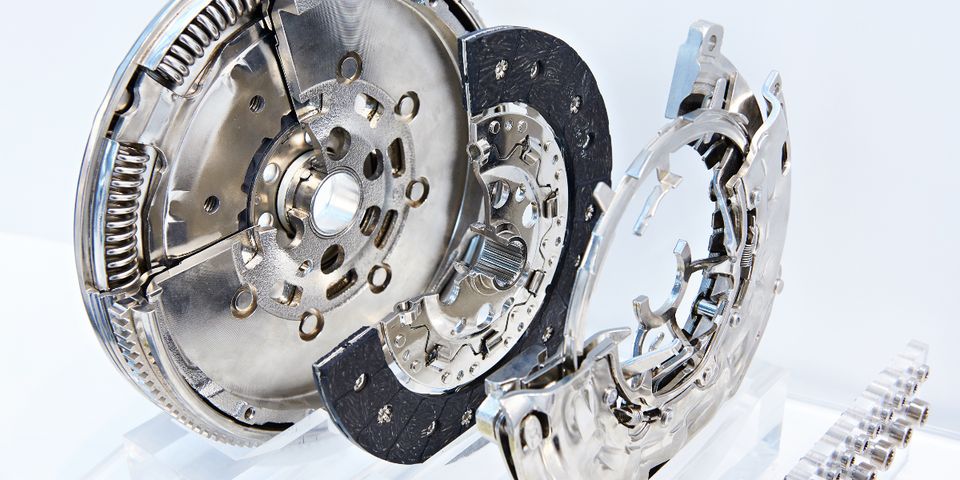Understanding Flywheels: A Brief Guide

If you're someone who drives a manual transmission car, you may have heard of the term "flywheel," but aren't completely sure what it is. When it begins to malfunction, it's essential to seek out manual transmission repair. The following guide explores what you need to know about flywheels, including the different types, how they work, and the benefits they offer.
What Is a Flywheel?
A flywheel is a mechanical device that is typically attached to the crankshaft of an internal combustion engine. It is a disc-shaped object that spins along with the engine's rotation. The primary purpose of a flywheel is to store rotational energy, which can then be used to maintain a steady rotation even when the engine is not producing power.
How Does It Work?
The flywheel works by storing rotational energy, which is then used to keep the engine running smoothly. When the engine is running, the flywheel spins along with the crankshaft. As the engine produces power, the flywheel stores that energy in the form of rotational energy. When the engine is not producing power, such as during gear changes or when idling, the flywheel releases that stored energy to keep the engine running smoothly.
What Are the Different Types?
There are two main types of flywheels: single-mass and dual-mass. Single-mass flywheels are the most common type and are typically used in smaller, lighter vehicles. Dual-mass flywheels are more complex and are typically used in larger, heavier vehicles. They consist of two separate flywheels that are connected by a spring or rubber dampener, which helps reduce vibrations and noise.
What Are the Benefits of a Flywheel?
One of the main benefits of a flywheel is that it helps to smooth out the engine's power delivery. By storing rotational energy, the flywheel can help to maintain a steady rotation even when the engine is not producing power. This can help to reduce vibrations and noise, making for a more comfortable driving experience.
Another benefit of a flywheel is that it can protect the transmission. When the engine is producing power, the flywheel absorbs some of that energy, which can help reduce the load on the transmission. This could extend the life of the transmission and reduce the need for manual transmission repair.
A flywheel is an essential component of any manual transmission car. If you suspect your flywheel is malfunctioning, head to Northgate Transmissions LLC, in Cincinnati, OH. For more than 30 years, they’ve been a trusted provider of manual transmission repairs. Plus, this locally owned business is ASE-certified and ATRA-certified, so you can rest assured you’re in capable hands. Call them at (513) 385-4400 to schedule an appointment or visit their website to learn more.
About the Business
Have a question? Ask the experts!
Send your question

